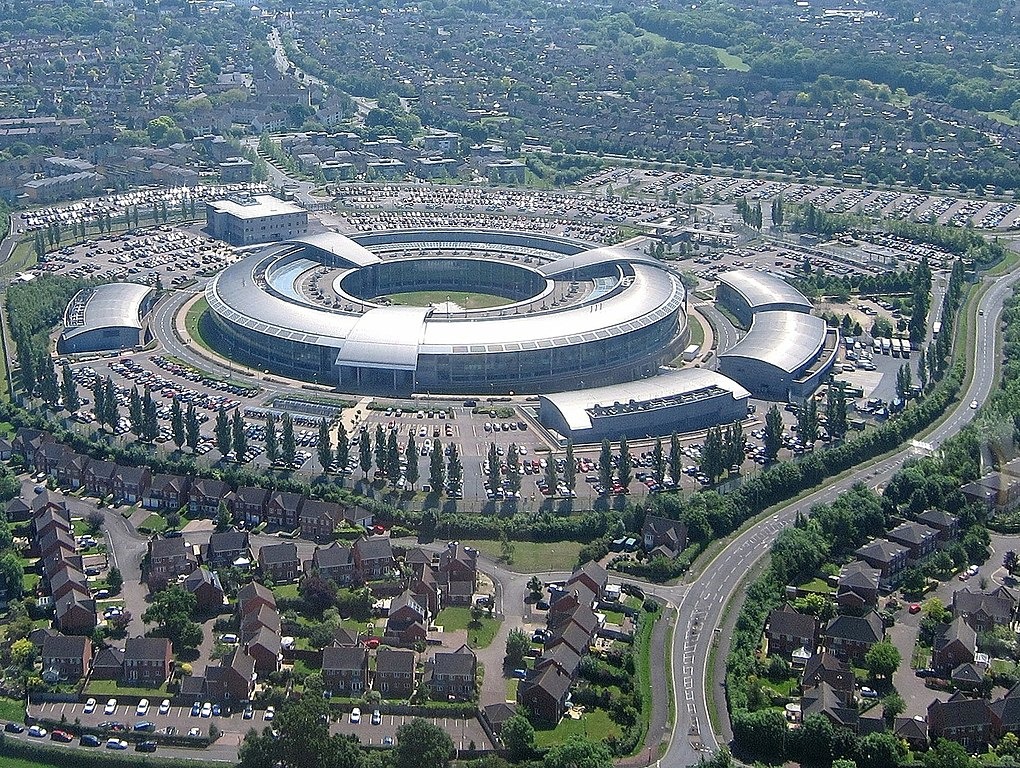The Belgian federal prosecutor’s office has confirmed that it considers British intelligence as the main actor in the hacking of telecommunications company Belgacom, now known as Proximus. In addition, the office said the British intelligence-gathering headquarters GCHQ attempted to sabotage an investigation by the Belgian security services of the hacking incident.
The hacking of Belgacom, a company half-owned by the state, came to light in September 2013. The main target was a subsidiary of Belgacom which provided mobile phone services to other countries, including the Middle East. The idea seems to be to have intercepted telephone communications between terrorist suspects and, possibly, governments to which they were linked.
However the Belgian government and security services were kept in the dark, something which the federal prosecutor’s report described as “exceptional between EU states, and something that could lead to a diplomatic incident.”
Suspicion that GCHQ was involved – based mainly on the sheer extent of the operation – was confirmed by documents leaked by Edward Snowden, who formerly worked with the US National Security Agency, which works closely with GCHQ.
The information is contained in a confidential report produced by the federal prosecutor for Belgium’s National Security Council, a copy of which was leaked to De Standaard. The report describes how the British authorities refused to cooperate with Belgium’s investigation of the hacking. While GCHQ, one of the world’s most powerful spying tools, was suspected from the outset, the investigation revealed that spy software had been installed remotely on Belgacom computers from three IP addresses in the UK thought to be registered to front companies. But when the Belgian investigators approached their British counterparts with a request for help in identifying who was behind the three companies, GCHQ declined to cooperate, claiming that cooperation would “bring the sovereignty, security and public order [of the UK] into jeopardy”.
When questioned on the matter, prime minister Charles Michel made no comment, as did justice minister Koen Geens. A spokesperson for home affairs minister Jan Jambon referred the papers to the prime minister's office.
Alan Hope
The Brussels Times

